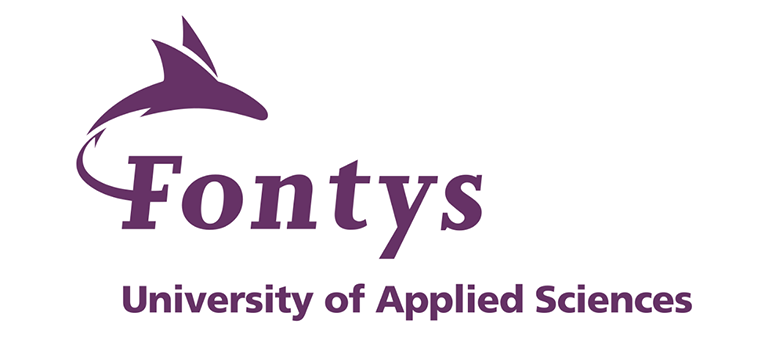ART-IE Continue FL-Platform
Project description
he primary research question for this project is: How can the ART-IE federated learning platform be enhanced to enable researchers to practically apply federated learning as a proof of concept for future innovations? This involves addressing key technical challenges such as secure and efficient distribution and training of AI models across multiple edge devices while preserving data privacy. The project specifically focuses on developing software processes for managing model transfers, training, and updates. Critical considerations include identifying suitable model storage methods, optimizing iterative management processes, implementing secure and efficient file transfer strategies, logging essential resources for system monitoring, addressing relevant OWASP vulnerabilities, and ensuring GDPR compliance. This structured improvement aims to provide a scalable, reliable, and secure platform capable of supporting ongoing federated learning research initiatives.
Context
Art-IE is a collaboration between various schools in the Netherlands and Belgium, dedicated to empowering companies of all sizes to harness the potential of AI. This initiative helps businesses enhance their operations, uncover new growth possibilities, and develop smarter ways of working through AI-driven insights.
As part of this initiative, our project will further develop the federated machine learning platform, which has been worked on by several teams prior. This platform is designed with the goal to enable organizations to train machine learning models on private locally stored datasets spread across multiple clients to preserving data privacy and ownership. Instead of sharing raw data, each client trains a model locally on their private data, and the resulting models’ weights are averaged into a final global model. This approach allows businesses to benefit from collaborative AI improvements without exposing sensitive data.
Results
The most significant outcomes of our project include the successful federated training of machine learning models, robust data privacy and ownership preservation, and effective workflow management utilizing Temporal.
The incorporation of Temporal for workflow management has provided a powerful mechanism for orchestrating iterative federated learning tasks efficiently. Temporal enabled us to reliably manage distributed workflows, significantly enhancing fault tolerance and scalability. Through validation, our platform reached a Technology Readiness Level (TRL) indicative of a proof-of-concept stage (level 3), establishing clear foundations for future development and practical deployment.
The insights gained highlight critical considerations in securely managing model transfers, storage strategies, and iterative training processes, aligning closely with industry best practices and regulatory standards like GDPR. These outcomes not only underline the feasibility of our federated learning approach but also position the platform as a valuable tool for further AI-driven research and commercial applications.
About the project group
Our project team consists of individuals with a solid software development background, complemented by specializations in Artificial Intelligence and Cybersecurity acquired during our previous semester. Throughout this project, we dedicated two full days per week. Our structured workflow included regular team meetings with stand-ups, clear communication via platforms like Teams and WhatsApp, and task management using Jira, ensuring effective collaboration and project progression.



